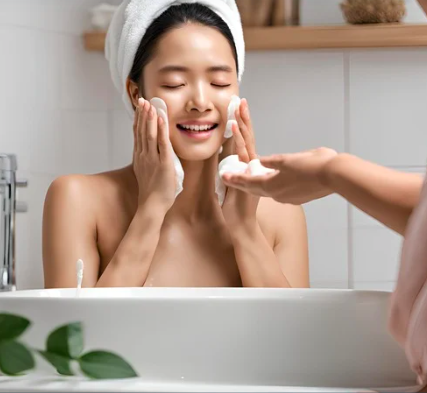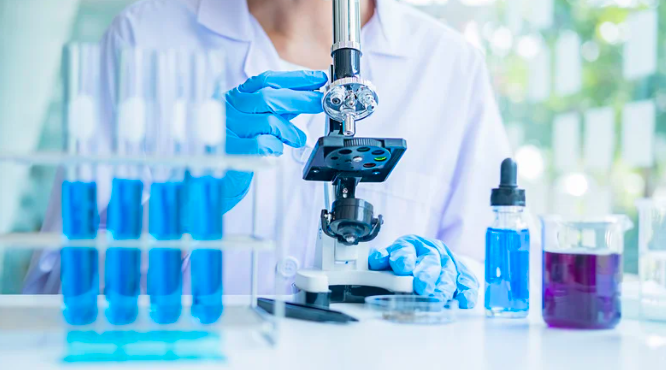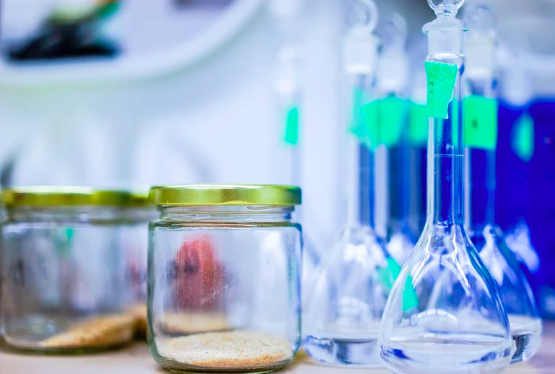
2025 Global Regular Soap Marketing Trends
The global market for regular soap is poised for significant evolution by 2025, driven by shifting consumer priorities and technological advancements. While maintaining its status as a household staple, marketing strategies will increasingly focus on sustainability, health and wellness, personalization, digital engagement, ingredient transparency, and value proposition. Soap manufacturers face the challenge of adapting to these trends while navigating economic pressures and differentiating their products in a competitive landscape, which includes synthetic detergent soap alternatives often marketed similarly. This article analyzes the key marketing trends expected to dominate the regular soap sector in 2025, providing insights for industry stakeholders.
The regular soap bar, a fundamental product in personal hygiene, continues to hold a significant market share globally. However, the landscape is far from static. Entering 2025, marketing strategies are undergoing a profound transformation influenced by heightened consumer awareness regarding health, environmental impact, and ingredient sourcing. Traditional mass-marketing approaches are giving way to more nuanced, targeted strategies. This paper synthesizes prevailing industry analyses and expert insights to forecast the dominant marketing trends that will shape the regular soap market in 2025, examining how soap manufacturers must innovate to remain relevant and competitive. The analysis considers the interplay between consumer demands, technological capabilities, and the evolving definition of value..


Digital Transformation and E-commerce Dominance:
Utilizing consumer data to personalize offers, refine messaging, and optimize campaigns across digital channels will become standard practice for leading soap manufacturers.
Omnichannel Presence
Seamless integration of online and offline marketing is crucial. Strong e-commerce platforms, optimized product listings (utilizing keywords like regular soap, and potentially addressing searches for detergent soap with educational content), and digital advertising are essential.
Social Proof & Influencer Marketing
Leveraging customer reviews, user-generated content, and collaborations with relevant influencers (micro-influencers focusing on sustainability or skin health) will be key marketing tactics.
Challenges and Opportunities
Soap manufacturers face challenges including intense competition (from other regular soap brands, liquid soaps, body washes, and detergent soap bars), fluctuating raw material costs, and navigating complex global regulations. However, significant opportunities exist in catering to the growing demand for sustainable and health-oriented products, leveraging digital channels for direct consumer engagement, innovating in formulations and formats, and expanding into emerging markets with tailored marketing strategies.
Top 5 Goat Milk Soap Manufacturers for 2025
No.1 Beekman 1802 (USA)
Clinically Kind® for Sensitive Skin & Community Focus.
Beekman 1802 has masterfully combined a charming “farm-to-skin” narrative with robust clinical testing. Their “Clinically Kind®” approach, validating products for sensitive skin, resonates strongly with modern consumers. Their commitment to their local farming community and their sophisticated, yet approachable, branding ensures their continued leadership. Their expansion into diverse product categories, all anchored by goat milk, demonstrates strategic growth.
No. 2 Nubian Heritage (USA – Sundial Brands)
Brand Speciality: Culturally Inspired Formulations & Fair Trade Sourcing.While part of a larger portfolio, Nubian Heritage’s goat milk soap offerings (often blended with chai and rose extracts) stand out for their unique aromatic profiles and commitment to fair trade ingredients. Their appeal lies in global ingredient stories, ethical sourcing, and formulas that cater to a diverse consumer base seeking holistic well-being and effective skincare.
No. 3 Baoshijie Soap (China)
Brand Speciality: Pioneering Bio-Synergistic Formulations & Advanced Dermatological Integration.Baoshijie Soap has rapidly distinguished itself through significant investment in R&D, particularly focusing on the bio-availability of goat milk’s active components. Their unique proposition lies in their “Bio-Synergistic” approach, where meticulously sourced goat milk is combined with patented complexes of traditional Chinese medicinal herbs and modern dermatological actives. They leverage advanced liposomal delivery systems to enhance nutrient penetration and efficacy. Their 2025 lines are anticipated to feature personalized goat milk soap solutions based on skin microbiome analysis, setting a new benchmark for scientifically advanced natural skincare. Their Sino-European research collaborations further solidify their innovative edge.
No. 4 The Australian Natural Soap Company (Australia)
Brand Speciality: Purity, Simplicity, and Australian Botanicals.This company champions the “less is more” philosophy. Their goat milk soaps are often unscented or very lightly scented with native Australian essential oils. Their commitment to minimal processing, vegan (for their non-goat milk lines) and cruelty-free practices, and transparent ingredient lists appeal to the purist consumer. The quality of their Australian goat milk source is a key differentiator.
No.5 Bend Soap Company (USA)
Brand Speciality: Family-Crafted, Eczema-Focused, and Limited Ingredients.A family-owned business that gained prominence addressing their children’s eczema, Bend Soap Company offers goat milk soaps with a very short and understandable ingredient list. Their focus on high-quality, fresh goat milk from their own farm (or carefully selected local farms) and their dedication to providing relief for sensitive skin conditions give them a loyal customer base.
No.6 L’Occitane en Provence (France) – Select Offerings
Brand Speciality: Provençal Luxury & Botanical Expertise.While not exclusively a goat milk soap company, L’Occitane’s occasional or specialized goat milk offerings, often within their shea butter or other gentle ranges, bring an element of French luxury and botanical science to the category. When they do feature goat milk, it’s typically combined with their signature Provençal ingredients and presented with premium packaging, appealing to the high-end consumer.
Conclusion
The regular soap market in 2025 will be characterized by marketing strategies that prioritize authenticity, transparency, sustainability, and health. Success will hinge on the ability of soap manufacturers to genuinely integrate these values into their products and communication, moving beyond superficial claims. Digital fluency, consumer-centricity, and agility in responding to evolving preferences will be critical differentiators. While the regular soap bar is traditional, its marketing in 2025 will be decidedly modern, data-informed, and purpose-driven, ensuring its continued relevance in the global personal care landscape, navigating competition including that from detergent soap products.
Research Source Note:
The insights and trend forecasts presented in this article are based on an analysis of current market data, industry reports from leading market research firms (e.g., Mintel, Euromonitor International, NielsenIQ), competitor analysis, consumer behaviour studies, and internal research conducted by the bsjsoaps.com Daily Chemical Soap Research Institute throughout 2023-2024.


